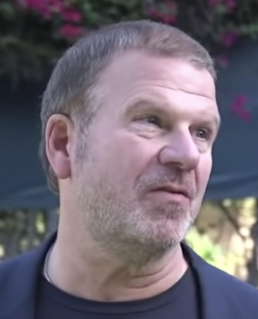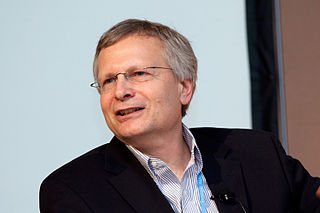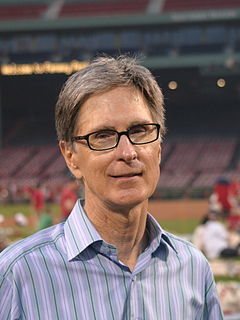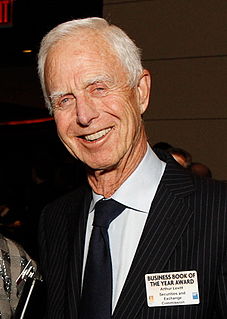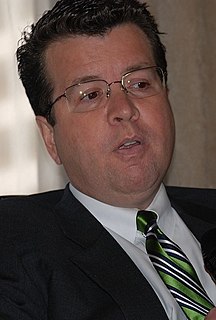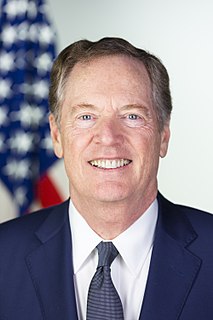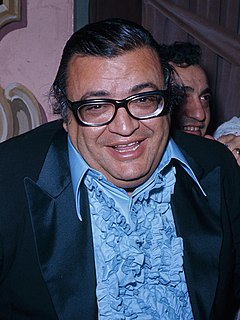Top 1200 Efficient Markets Quotes & Sayings - Page 2
Explore popular Efficient Markets quotes.
Last updated on April 15, 2025.
There is a bit of a problem with the match between derivative securities markets and the primary markets. We have long ago instituted principles, essentially high margin requirements, to prevent certain instabilities in the stock market, and I think they're basically correct. The trouble is that there's a linkage, let's say, between something like the stock market and the index futures markets, and the fact that the margin requirements are very different, for example, played some role in the October '87 crash.
Unlike national markets, which tend to be supported by domestic regulatory and political institutions, global markets are only 'weakly embedded'. There is no global lender of last resort, no global safety net, and of course, no global democracy. In other words, global markets suffer from weak governance, and are therefore prone to instability, inefficiency, and weak popular legitimacy.
From the time I first understood economic principles, I was always concerned also that any system be operated on an efficient basis, which meant decentralization because knowledge is not concentrated anywhere. It's based on motivation, and so these are the advantages of, say, the cautious case for capitalism, that the market system is efficient.
Ben's Mr. Market allegory may seem out-of-date in today's investment world, in which most professionals and academicians talk of efficient markets, dynamic hedging and betas. Their interest in such matters is understandable, since techniques shrouded in mystery clearly have value to the purveyor of investment advice. After all, what witch doctor has ever achieved fame and fortune by simply advising 'Take two aspirins'?
You know, seeing the analytics explosion in the NBA. It wasn't something I was really into in college but in the NBA everything is numbers and how you can be more efficient, so that led to me trying to make my body more efficient, and obviously Fitbit was at the top of the line for that so it made sense.




